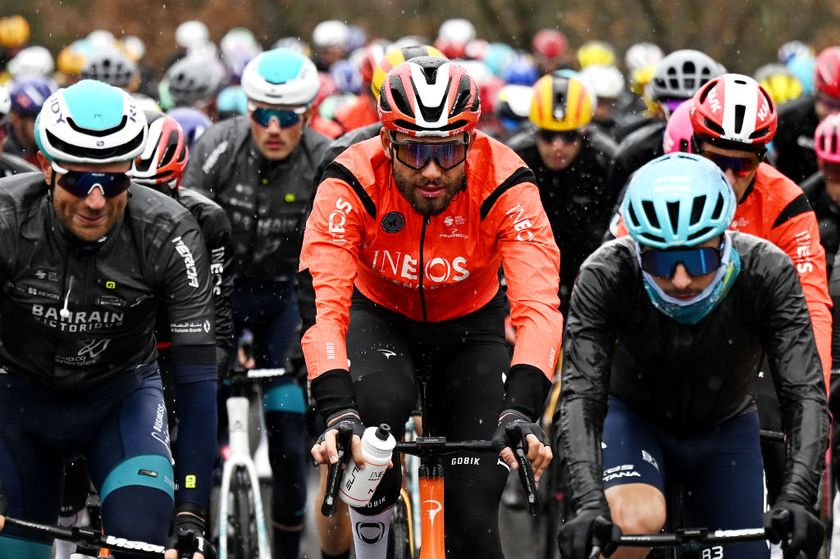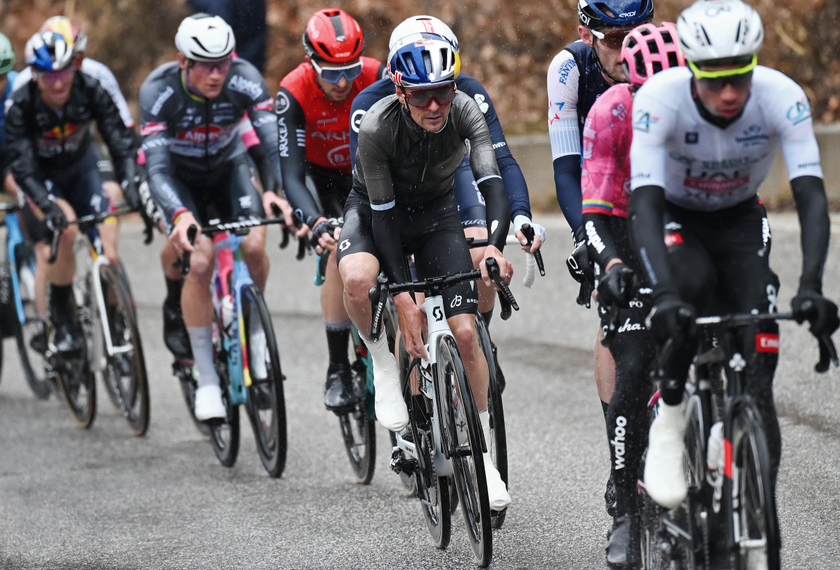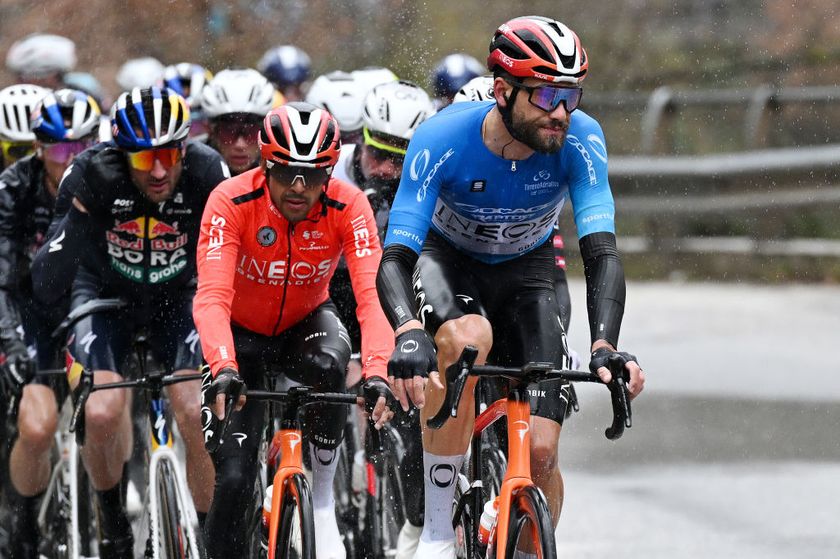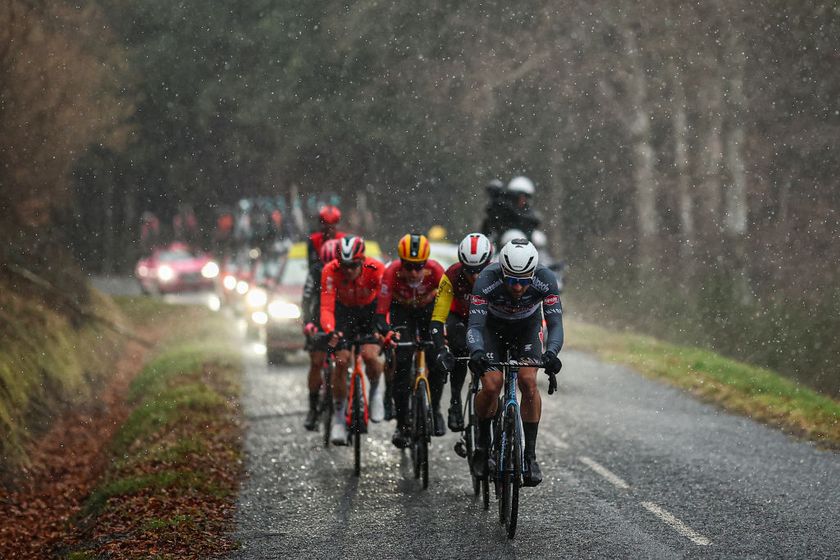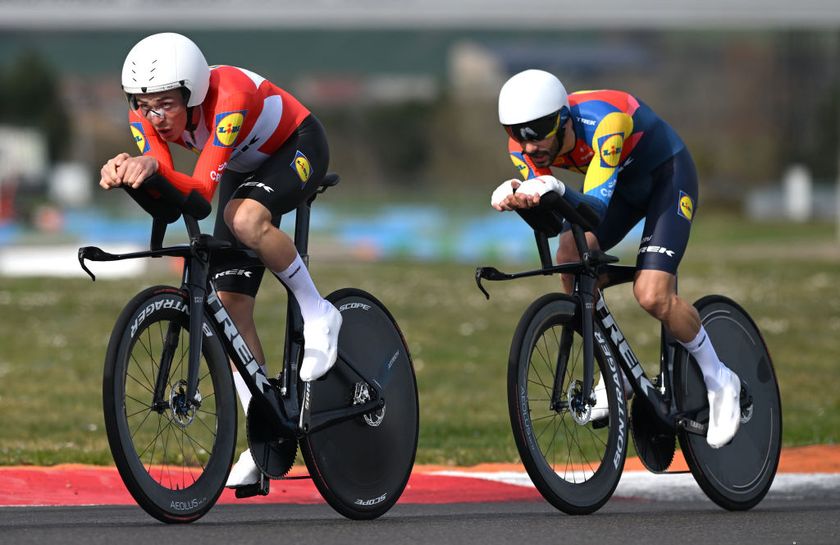Statement details UCI position on Armstrong ban
Document puts pressure on WADA to appeal to CAS


The UCI issued a detailed statement after the press conference in Geneva, formalizing their position and explaining exactly why they have decided to recognise and implement Lance Armstrong's ban.
Former USADA opponent provided key information in Lance Armstrong case
Bruyneel vows to continue fight against USADA charges
UCI responds to Rabobank withdrawal
UCI confirms Lance Armstrong's life ban
Reactions to UCI's confirmation of Lance Armstrong's ban
USADA say the UCI made the right decision in Armstrong case
Oakley severs relationship with Armstrong
McQuaid would accept rider donations in the future
Police involvement crucial in anti-doping, says McQuaid
SCA to seek $7.5m from Lance Armstrong
The UCI accepted USADA's jurisdiction for the investigation, but questioned the legality of banning Armstrong after more than eight years and as far back as 1998, suggesting this does not follow the rules of the World Anti-Doping Agency's Code. However, the UCI did not feel it has sufficient grounds to appeal to the Court of Arbitration for Sport itself, saying it was up to WADA to ensure compliance of the World Anti-Doping Code.
The UCI statement also pointed out that it is up to Armstrong to defend himself against the USADA allegations and sanctions but noted that he chose not to go to arbitration where his lawyers could have cross examined the allegations made against him.
The statement reads: "After consideration of the reasoned decision by USADA and its appendices, the UCI has decided not to appeal to CAS."
"The UCI has considered the following main issues: jurisdiction, the statute of limitations, the evidence gathered by USADA and the sanctions imposed upon Mr Armstrong."
"UCI will recognize and implement the decision of USADA, which implies that all competitive results achieved by Mr Armstrong in cycling since August 1, 1998 will be disqualified, including his seven Tour de France wins."
Pressure on WADA
Get The Leadout Newsletter
The latest race content, interviews, features, reviews and expert buying guides, direct to your inbox!
The UCI was expected to appeal to CAS regarding some aspects of the USADA investigation. However the UCI opted not to do so and instead puts pressure on WADA to make any costly appeal to the Court of Arbitration for Sport.
USADA banned Armstrong from August 1, 1998, claiming that he had subverted the judicial process by fraudulently concealing his wrongful act. Yet the UCI makes it clear that the it would have "limited disciplinary proceedings to violations asserted to have occurred during the eight years preceding the opening of such proceedings."
This would mean Armstrong would only have lost two or three of his Tour de France victories, not all seven.
"The UCI is of the opinion that the Code is very clear in this respect: 'No action may be commenced against an Athlete or other Person for an anti-doping rule violation contained in the Code unless such action is commenced within eight (8) years from the date the violation is asserted to have occurred'.
"The Code does not provide for any possibility for an anti-doping organization to take away from the athlete or other person the benefit of this clause.
"The statute of limitations is a fundamental rule of the World AntiDoping Code. It is WADA’s role and responsibility to ensure compliance with the Code and to appeal to CAS in order to warrant, as is the mission of WADA, that the Code is applied in a uniform way worldwide and that all athletes are treated equally," the statement reads.
The UCI statement ended by confirming that the UCI Management Committee would hold an extraordinary meeting on Friday October 26 to study the exact sporting consequences of the decision regarding past race rankings. Any eventual decision would be delayed if Armstrong or WADA decide to appeal to CAS.
